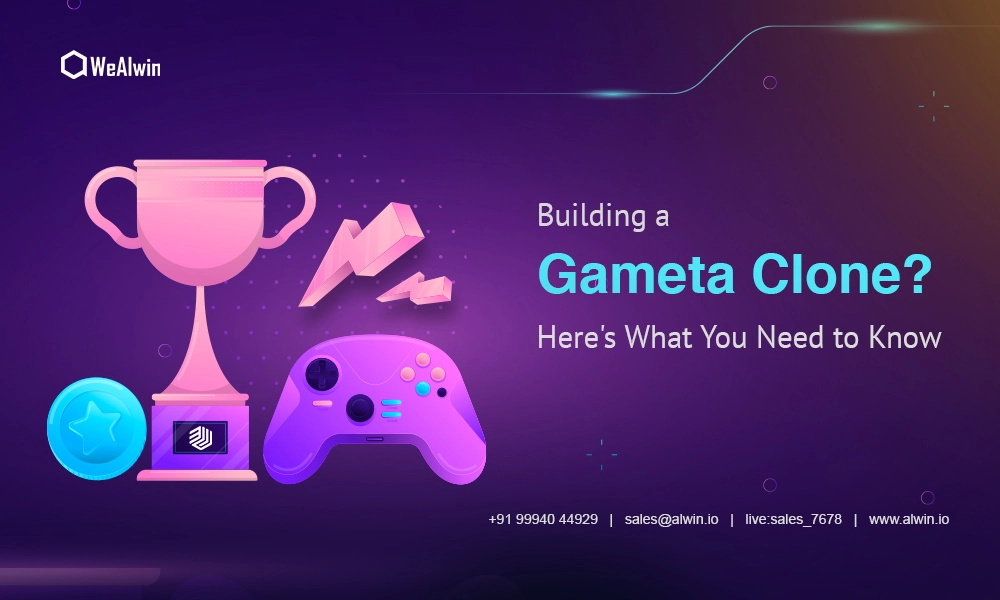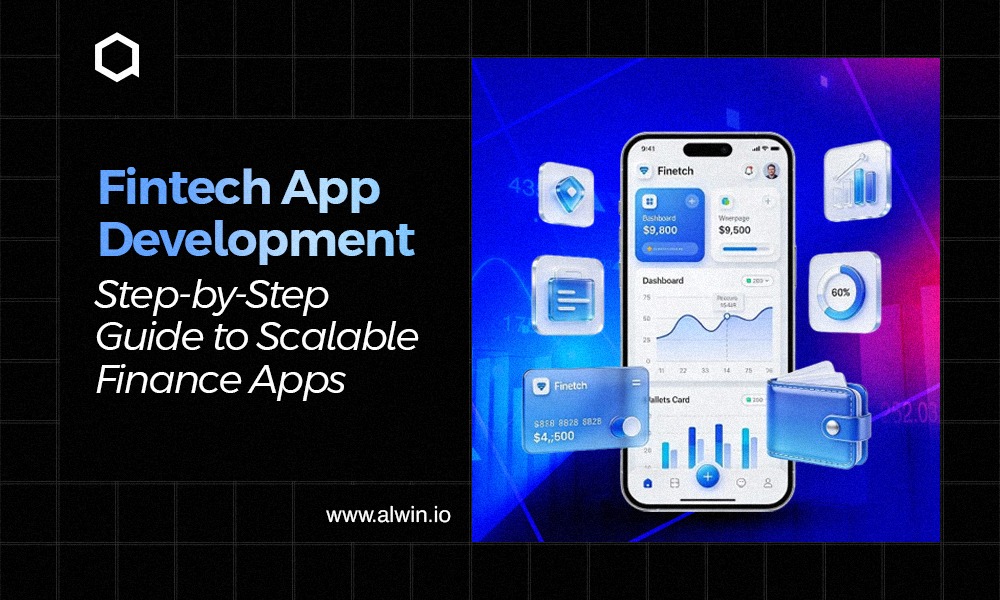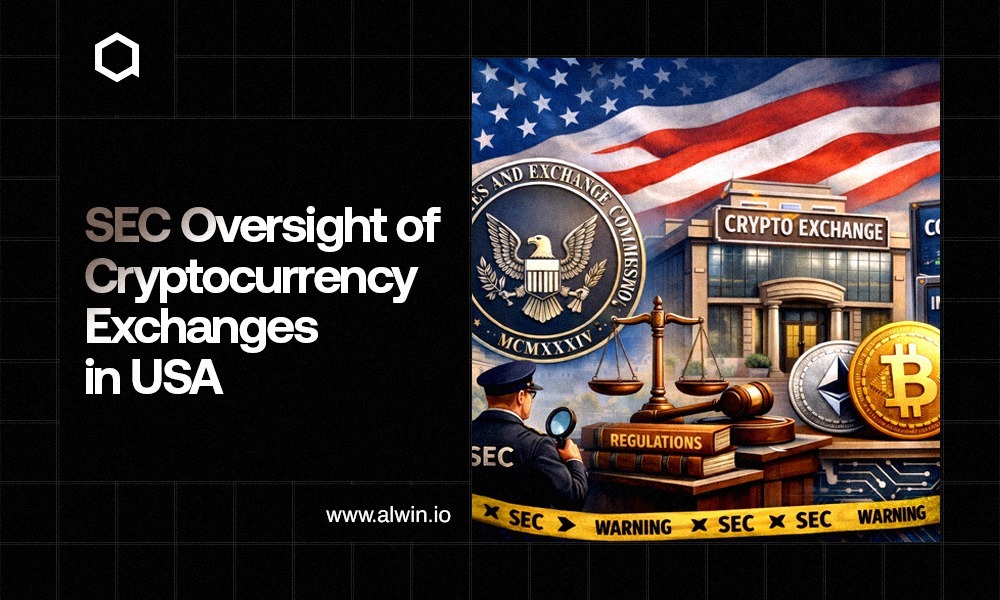Ever wanted to build your own play-to-earn game on the blockchain? The runaway success of Gameta, a Solana-based Metaverse Game, has inspired many entrepreneurs to clone the model. But cloning Gameta isn’t as easy as copying and pasting some code. There’s a lot that goes into building a high-quality play-to-earn game.
Before diving in, ensure you understand the Gameta model inside and out. Study how they built their in-game economy and tokenomics. See how they keep players engaged with quests, battles, and social features. Then think about how you can make your game even better. Just copying Gameta won’t cut it — you need an innovative twist to stand out in this crowded market.
Building on Solana or a similar high-performance blockchain is key. You’ll want fast, cheap transactions to keep your players happy. And you’ll need a team with experience developing decentralized apps, crypto wallets, NFTs, and more. It’s not easy, but with the right vision and execution, your Gameta clone could become the next big thing in blockchain gaming. If you’re up for the challenge, here’s what you need to know to build your own play-to-earn metaverse.
What is Gameta and Why Build a Clone?
Gameta is a popular Solana-based play-to-earn game that lets players earn cryptocurrency for playing. Building a Gameta clone means creating your own version of this game so you can launch your own play-to-earn game on the Solana blockchain.
There are a few reasons why building a Gameta Clone could be appealing:
- Tap into the popularity of play-to-earn games. The Gameta model where players can earn crypto for playing has proven hugely popular. A clone could attract lots of players and interest.
- Launch quickly. Cloning an existing game lets you get it to market faster than building it from scratch. You can reuse Gameta's code, art assets, game logic, and more.
- Low development costs. Reusing elements from the original Gameta game will significantly lower your expenses compared to developing an entirely new blockchain game.
Of course, there are downsides to consider as well:
1. Legal issues. Make sure you understand Gameta's licensing and what you're allowed to reuse. Cloning their game could potentially lead to legal trouble if not done properly.
2. Lack of innovation. Your game won't introduce anything new or original since it's largely copying an existing game. This could limit its long-term potential.
Overall, building a Gameta clone could be an easy way to launch your own play-to-earn game, but you need to go in with realistic expectations. Do your research, understand what you can and can't reuse, and think about how you'll differentiate your game to give players a reason to choose you over the original. With the right approach, a Gameta clone could be very rewarding!
Key Features to Include in Your Gameta Clone
To build a successful Gameta Clone, you'll want to include some key features that make the platform engaging and interactive.
First, integrate a point system that rewards users for being active in the community. Consider giving points for things like:
- Logging in daily
- Completing quests or challenges
- Reaching achievement milestones
- Referring new users
Let users redeem their points for custom avatars, special upgrades or powers, and other virtual goods.
Next, build leaderboards to tap into players' competitive spirit. Feature leaderboards for things like highest scores, most achievements earned, most points accumulated, etc. Send push notifications when players' rankings change to keep them coming back.
You'll also want some kind of avatar or character customization. Players love being able to create a unique identity in the game world. Offer a variety of options to choose from like:
- Outfits
- Accessories
- Hairstyles
- Skins
Finally, ongoing events and quests keep players engaged long-term. Develop regular events like scavenger hunts, capture the flag, talent shows, and game jams. Release new quests and challenges at least once a month with enticing rewards.
With the right mix of gamification elements like points, leaderboards, avatars, and events, you'll have created an addictive community platform to rival Gameta. Keep optimizing and improving based on user feedback and you'll be well on your way to success!
Consult with our business experts to get your Gameta Clone! Chat with us on WhatsApp
Choosing the Right Blockchain for Your Gameta Clone:
Choosing the right blockchain for your Gameta clone is crucial. The blockchain determines many factors like speed, costs, and security. Some top options to consider are:
Solana: A fast, low-cost blockchain ideal for games. With fast transaction times and low fees, Solana is a popular choice for Gameta clones. However, it is still quite new so it may be riskier.
Ethereum: The most established blockchain for dApps and games. While secure and proven, high gas fees and slow transaction times make it less ideal for fast-paced games.
BNB Chain: Binance's blockchain is fast and low-cost but less decentralized than other options. If you want to tap into Binance's large user base, BNB Chain could be a good fit.
Polygon: A layer-2 solution that works with Ethereum, offering fast speeds and low fees. If you want Ethereum's security but better performance, Polygon is worth considering. However, it does rely on Ethereum so it has some of the same risks.
In the end, you need to weigh the pros and cons of each blockchain for your particular Gameta clone. Think about your priorities like cost, speed, security, and decentralization. You'll also want to consider your technical experience, as some blockchains have steeper learning curves. And be aware of future roadmaps, as new blockchains emerge and existing options continue to evolve.
With the right blockchain choice, you'll be well on your way to building a successful Gameta clone. But choose carefully, as migrating your game to a new blockchain in the future could prove difficult!
Cost and Timeline for Developing a Gameta Clone:
Developing a Gameta clone on Solana will require both technical skills and funding. Here’s what you can expect in terms of cost and timeline:
Cost
The total cost to build a Gameta clone depends on its features and complexity. The bulk of the cost will be development fees to hire a team of blockchain engineers, front-end developers, and smart contract developers. You’ll also need funding for UI/UX design, quality assurance testing, ongoing maintenance, and support.
The more features you want to include, such as play-to-earn gaming, NFTs, staking, etc., the higher the cost will be. You’ll also need a budget for marketing your Gameta clone to attract users and build a community.
Timeline
A basic Gameta clone with core features can take 3 to 6 months to develop and launch. The timeline will vary depending on the size of your team and specific features. Here’s a rough timeline:
1-2 months: Design, development planning, and smart contract development
1-3 months: Front-end development and back-end integration
1 month: Testing, auditing, and bug fixing
1 month: Marketing and promotion leading up to launch
The bottom line is that while developing a Gameta clone on Solana is very doable, it does require a serious investment of both time and money. With the right team and strategy, you can build a successful play-to-earn gaming platform. But go in with realistic expectations around costs and timelines to avoid surprises down the road.
Find Out Why Clients consistently choose us for their Gameta Clone App Development Projects!
Why should you choose us to develop your Gameta clone app? Here are a few reasons:
Our developers have years of experience building crypto exchanges, decentralized apps, DeFi platforms, NFT marketplaces, and blockchain-based games. We stay up-to-date with the latest Solana updates and technologies so we can build you a robust, scalable Gameta clone.
With our experienced team, you can get an affordable, high-quality Gameta clone app built and launched on Solana. You'll have full ownership and ongoing support to help your project succeed. Let's build your Gameta clone!
We handle the entire development process, from designing mockups to launching your Gameta clone on the Solana mainnet. This includes developing smart contracts, the frontend interface, and the backend architecture, and ensuring thorough testing. You’ll have a dedicated project manager and a team of developers focused on your app.
Conclusion:
As a web3 Game Development Company, start with the basics - build a simple interface and token, then develop engaging gameplay and mechanics.
Don't forget to market your game to attract players and make it fun so people actually want to play it. Take it step by step, focus on creating value for your users, and continue learning and improving.
If you do, you'll be running your own Gameta-like game on Solana today. The opportunities in Web3 gaming are endless, so what are you waiting for?
Get out there and start building!



